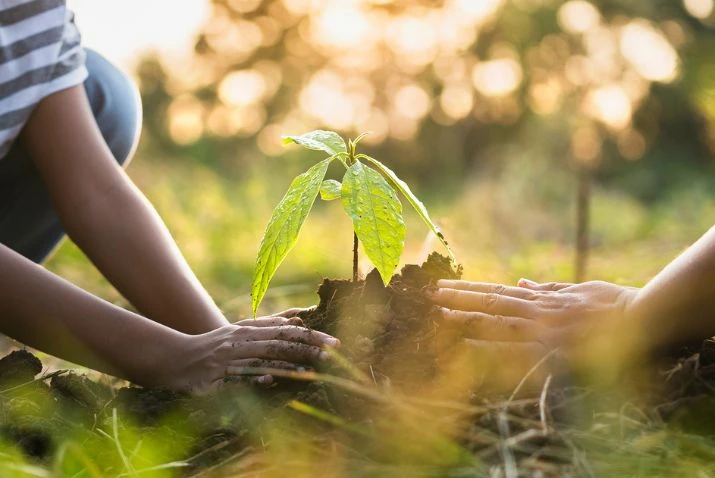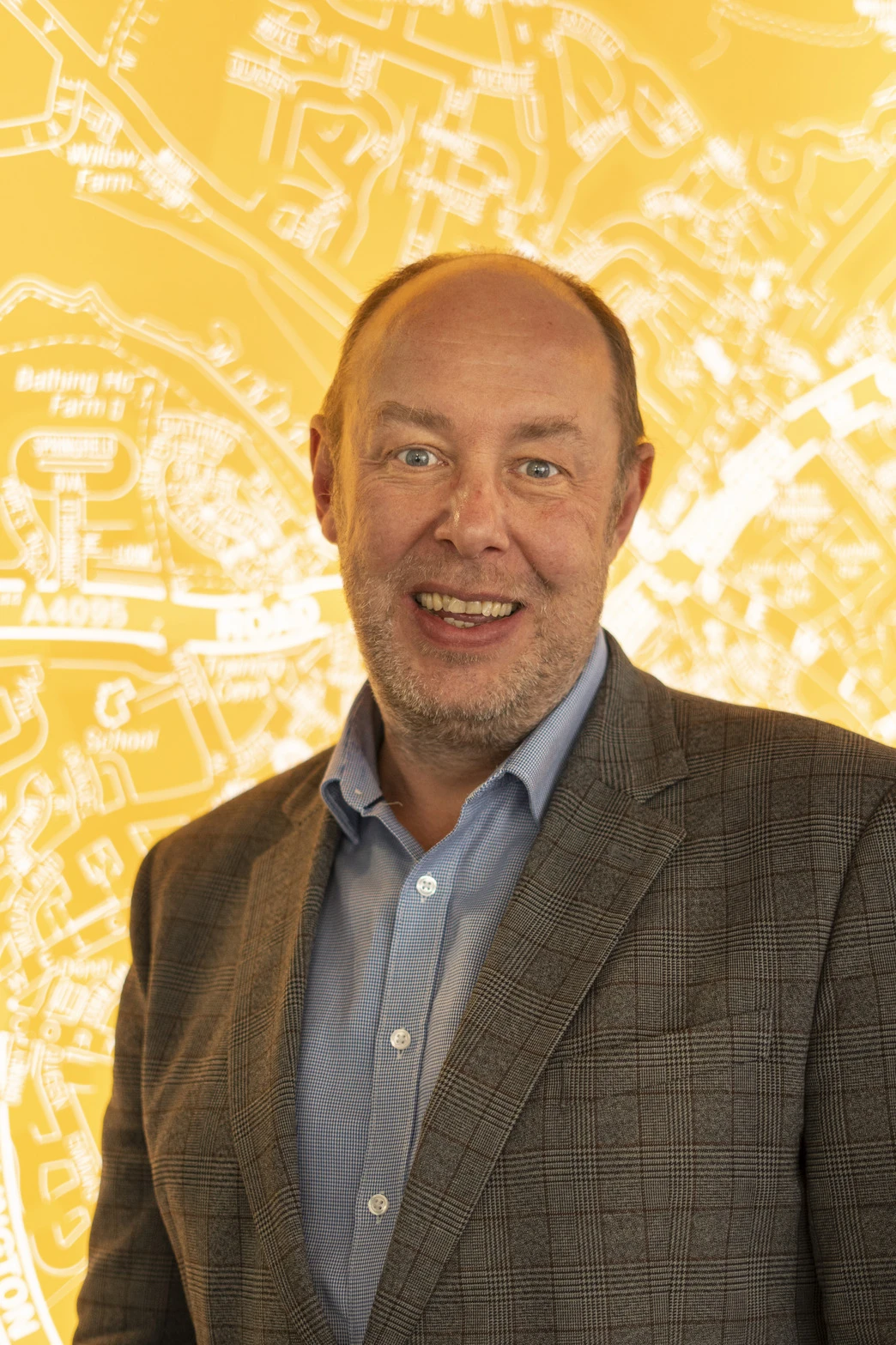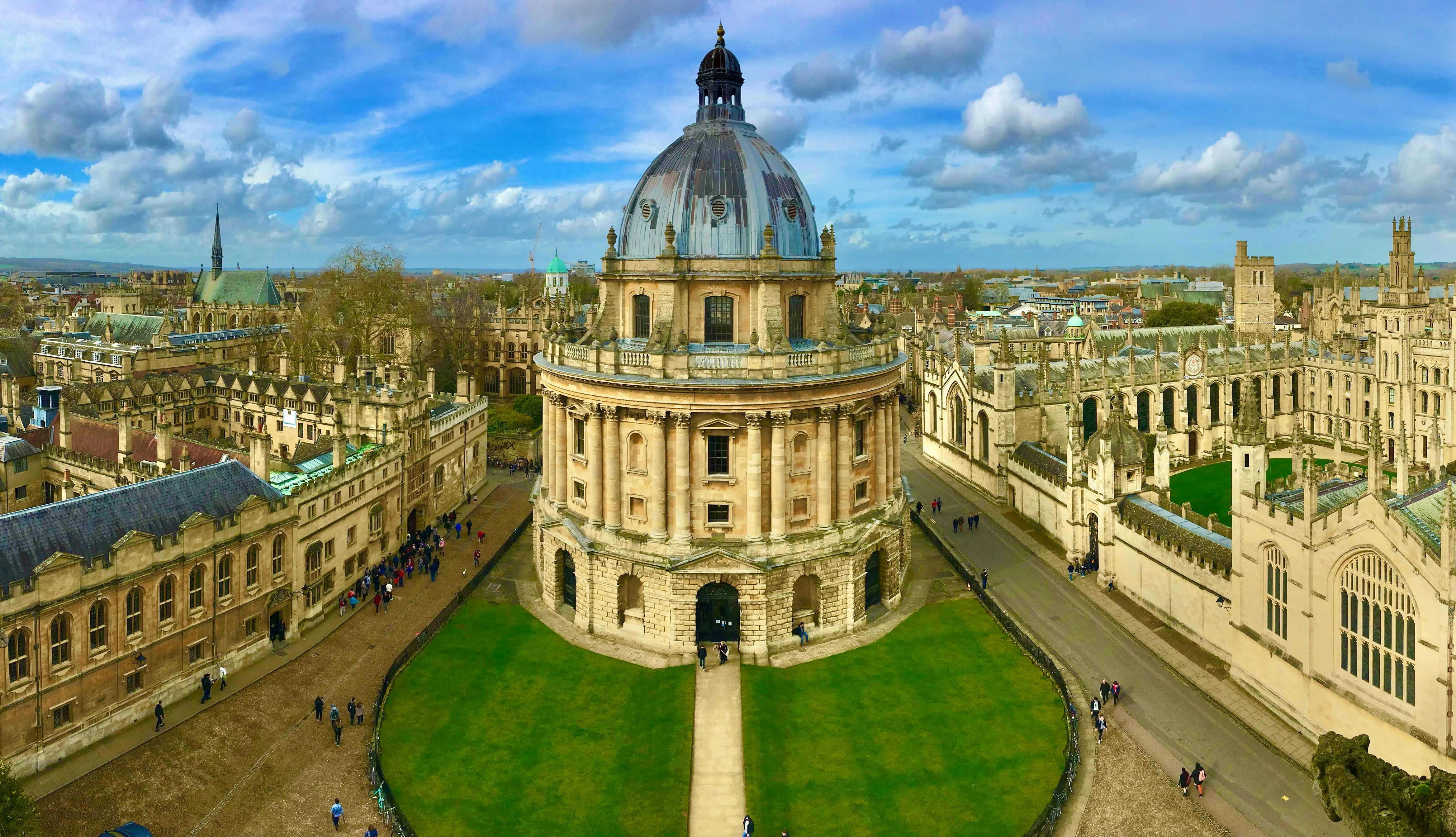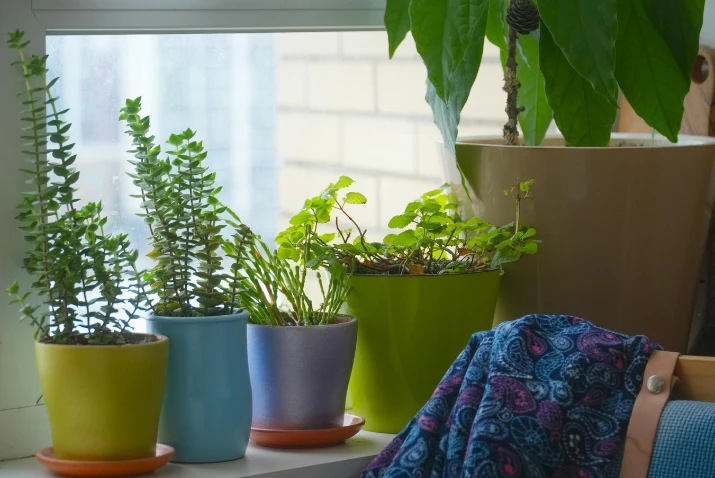It is almost impossible to get through a day as a human without trees. For as long as humans have been using tools, trees have given us food, fuel and shelter. A world without trees is a world without apples, wooden tables, cardboard boxes and log fires. Furthermore, there would be no autumn leaves, no dappled shade and no stories, legends, poems or art about trees. You would never have climbed a tree as a child or played with beautiful conkers. A world without trees is unthinkable.
Trees tend to live longer than we do and we, as humans have a tendency to do, have anthropomorphised trees as being old and wise and perfectly capable of looking after themselves thank you very much. Trees have always been there for us and there’s no reason to think that anything will change.

But things are changing. And they are changing quickly. We can move around our planet faster than we have ever been able to before. We are trading and consuming more commodities than ever, all in the name of progress. And the rate of consumption is rapid. The cost of this progress is mounting. As we produce more and travel more, we release more and more carbon into the atmosphere. This carbon is changing our climate and our future looks increasingly more full of storms, droughts, floods, tsunamis, forest fires, famines and millions more desperate, displaced people – the victims of climate change.
As scientists and the best tech-geniuses from across the world scrabble to find the perfect machine that can take carbon out of the atmosphere and lock it away where it can’t do any harm, we seem to have forgotten about trees. Plants have evolved over millions of years to efficiently and without fuss, take carbon from the air and lock it away in the plant itself. As some of the largest plants on earth, trees are the ultimate carbon capture and storage machines. And they have the added benefit of being able to help provide food, prevent flooding, cool our climate, remove air pollution, provide timber… (the list goes on).
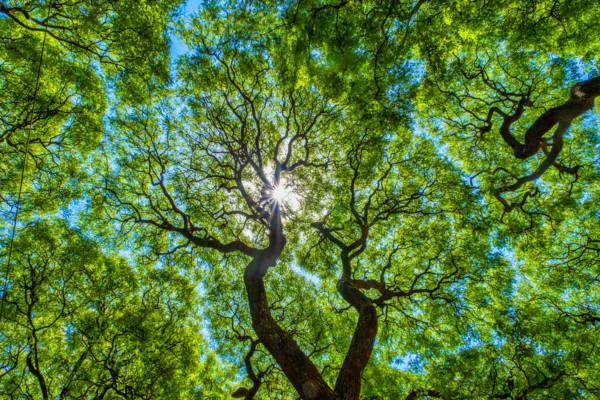
But as our climate changes, the world is becoming a more inhospitable place not just for humans, but for trees as well. As we move around the planet, pests and diseases invariably move with us, opening up trees across the globe to threats they’ve never encountered before. Coupled with the challenges of being a living thing that is quite literally rooted to the spot (and therefore cannot just up and move somewhere else if it’s too hot or cold or flooded or on fire), our trees are really in danger.
Now, more than ever, we need to consider the world beyond our lifetimes. And because many of the trees we plant today could live considerably longer than we do, we need to consider what the world will be like for those trees as they grow through to maturity. It is a sad fact that many of the trees that have grown perfectly well in the UK in the past might not survive the future change in climate that is predicted over the next 50 to 80 years.
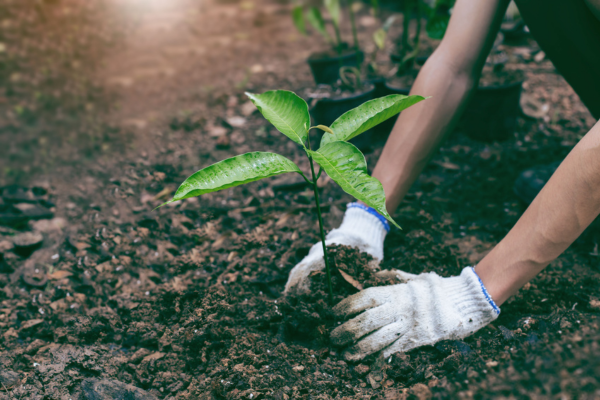
Through GreenTheUK, we are able to support people who want to plant trees that have the best chance of surviving extreme weather events, caused by climate change, and future pests and diseases. There’s no one right answer either. The people we work with to plant trees have thought carefully about the types of trees they are planting to make sure they are suitable for the site they are working on. This includes taking into account what will benefit the local landscape and wildlife in the area. Our tree planters also all promise to take care of the young trees they plant so they have the best chance of surviving to maturity.
We know that trees are a big part of the solution in our fight against climate change but perhaps for the first time in history (and through no fault of their own), trees need us almost as much as we need them.
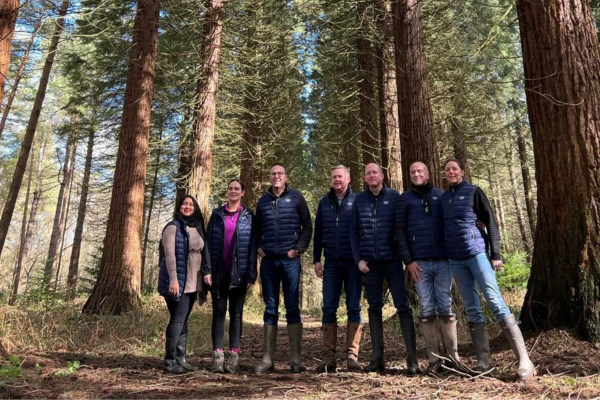
LRG (which we're part of) has partnered with GreenTheUK and the Royal Forestry Society to plant 26,551 climate resilient trees across the UK over the last two years. Read more about the projects supported so far in their case studies here. In 2023-24, LRG is supporting more tree planting as well as a variety of new projects across different habitats with other charity partners, from native oyster to wildflower restoration. These projects will be local to different LRG brands around the country.
This blog was provided by Jen Turner, Development Manager at Royal Forestry Society, as part of our Green The UK partnership for conservation and restoration projects.

